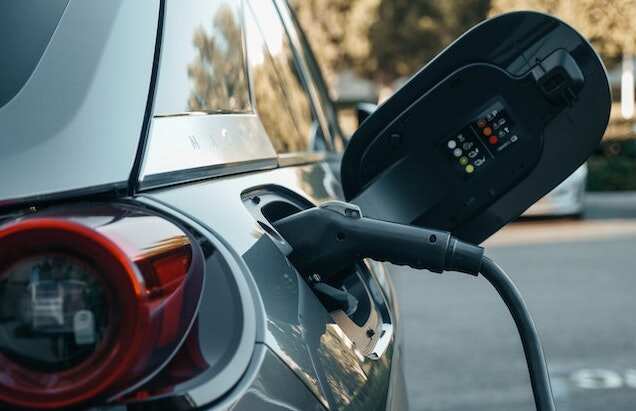EV Incentive Program for both New and Used Cars Passed by the Senate
On August 16, 2022, President Joe Biden passed the Inflation Reduction Act, an EV incentive program that provides accessible tax credits for US citizens who buy EVs. This was a major step towards increasing the adoption of electric vehicles (EVs) in a bid to reduce the pollution caused by the largest source of emissions – transport. With the passing of this bill, the US hopes to reduce greenhouse emissions by 40% by the end of 2030.
In this blog, we cover what the Inflation Reduction Act means for aspiring EV owners across the US.
What is the new Inflation Reduction Act?
Building on the old tax credit system for EV vehicle purchase, the Inflation Reduction Act offers a $7500 tax credit to buyers of new EVs and a $4000 worth of tax credit to used EV buyers.
How does the new tax credit system work for new EVs?
-
The tax credit rules will change from January 2023
EV buyers can claim only the $7500 tax credit on EVs manufactured in the US from August 17, 2022. Under the current provisions, EV buyers can buy cars from Tesla, Toyota, and General Motors to avail of the tax incentive. EV buyers can only avail of this incentive till the end of 2022 or till these manufacturers sell 2,00,000 vehicle units. In other words, if the manufacturers finish selling 2,00,000 units, EV buyers will not be able to avail these perks.
-
EV buyers will have to sign written binding contracts when buying luxury EVs
EV buyers can also purchase luxury EVs and claim tax credit benefits. However, they may have to sign written binding contracts wherein they must follow the old tax credit system even after the new act comes into effect.
-
New EV incentive program rules from January 2023
Keep in mind that the 2,00,000 cap on EV vehicle sales will lift from December 31, 2022. So from January 1, 2023, EV vehicle owners can claim the $7500 incentive regardless of EV car sales. Besides, starting next year, the incentives will also have income caps. As per the current Inflation Reduction Act, the cap is $150000 for a single filing taxpayer and a cap of $30000 for people who file taxes jointly.
EV buyers can qualify for incentives depending on the selling price of the EVs, starting next year. For instance, they can claim tax incentives on EVs retailing for $55,000 and pickup trucks, vans, and SUVs retailing for $80,000.
-
Battery requirements for a tax credit
As per the new incentive program, only vehicles with at least 40% of battery components sourced from the US will be eligible for tax incentives till 2024. By 2029, EVs will need to have batteries made in the US to be eligible for tax breaks. The government hopes such requirements will lower EV demand in the short term and encourage manufacturers to follow compliances to boost sales.
How does the new tax credit system work in the new EV incentive program?
The tax credits for used EVs are fairly straightforward. Buyers can claim tax credits of $4000 when purchasing an EV. The battery requirement to claim the tax incentive does not apply to used EVs. In simple terms, buyers can claim tax incentives on used EVs even if they do not follow the battery mandates over time.
Also Read: Florida Leads the EV Charging Revolution in the US
In conclusion
The incentive programs for new and used EVs passed by the senate aim to increase EV ownership over the years. The programs also aim to eventually reduce the cost of EV production in the US by pushing for using locally sourced materials.

